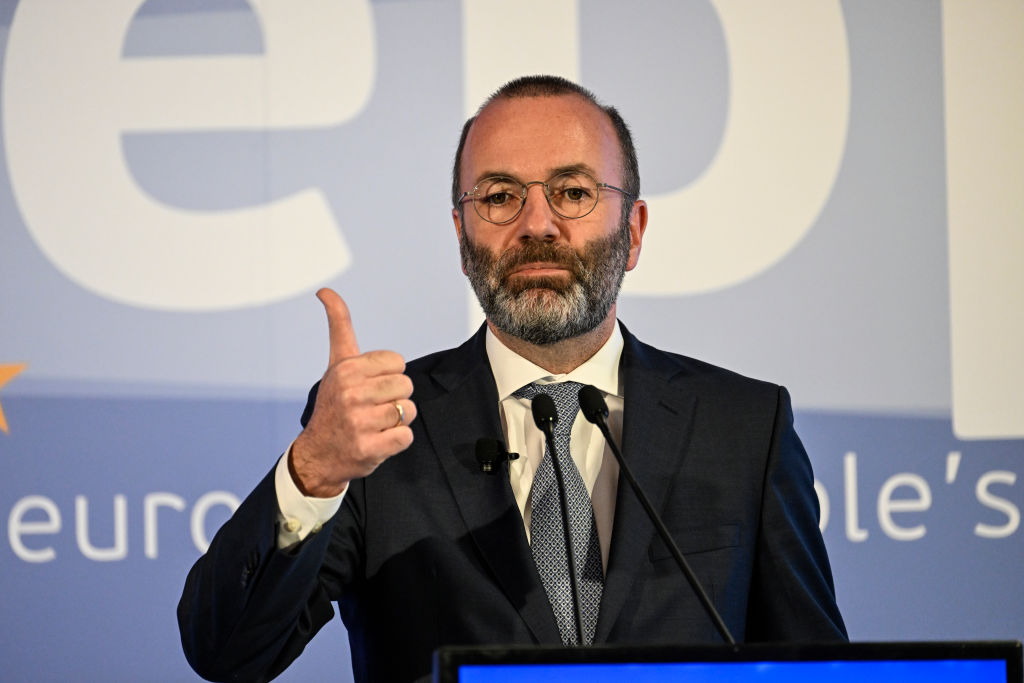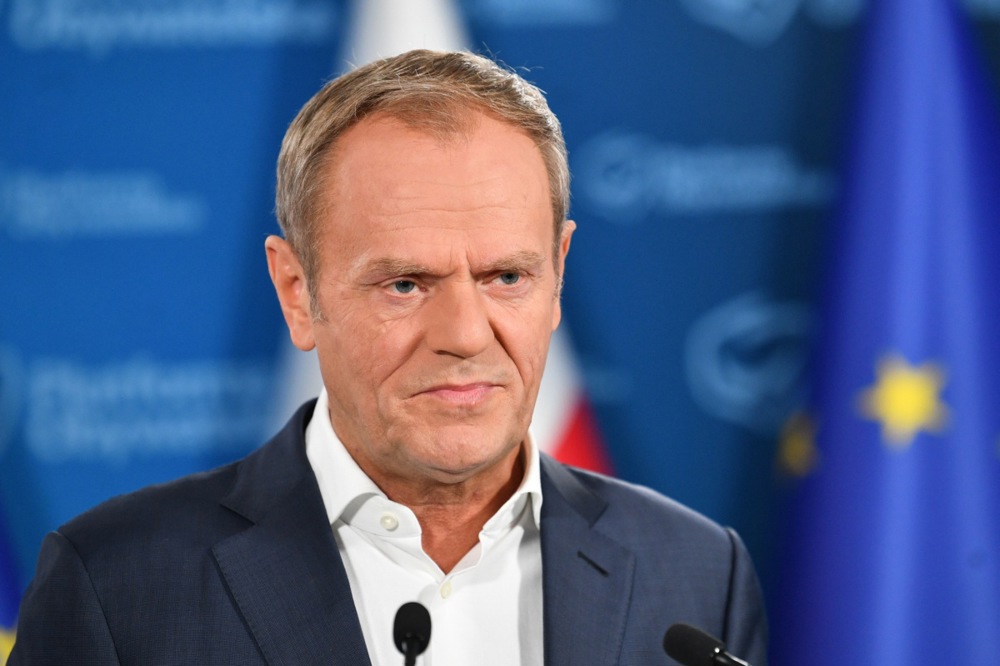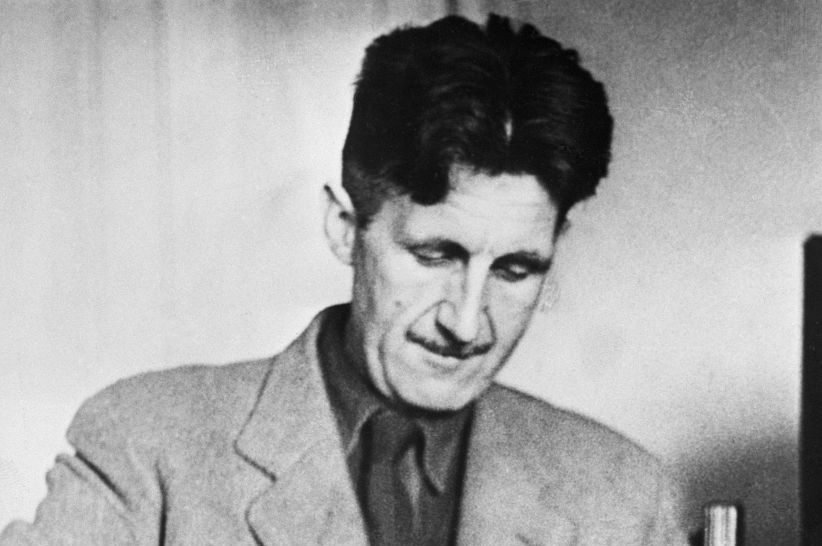Gender policies have become a major dividing line in contemporary politics. Divisions over the LGBTQ agenda run deep, as it now goes way beyond the rights of a social minority. Rather, it relates to fundamental principles and social developments that have an impact on everyone. As such, it will have a significant role to play in the coming European Elections.
The debate is not anymore about respect for each person’s individual identity and choices – most European societies have fortunately and justly resolved such matters. Nowadays, discussion is about whether biological genders are still relevant and whether the traditional family as an institution, as well as the fundamental distinction between male and female, continue to hold water in the world we live in.
Many believe that things have gone too far. Last week in Scotland a Bill was proposed to prevent parents from stopping their children from changing their gender. Whereas an underage person is not allowed to drink, drive, or vote, some assume that he or she has the right – and is mature enough – to decide on self-mutilation or hormone therapy. If parents disagree, they face up to seven years in jail.
As gender policies go hand in hand with the woke movement and culture, they seriously affect what people vote for. According to the postmodern socialist approach, family is answerable to the state, which shapes society through the education system, social workers, therapists, counsellors and laws. Conservatives realise this, which is one of the reasons that they object to the ideological gender cult.
Conservatives also understand that the future of the family as a social institution is inherently linked to the future of nations. Nuclear families pass down traditions and thus preserve national identities. Nation-centric parties and governments tend to adopt a strict approach to LGBTQ demands – which often leads to them being harassed by European elites. Poland and Hungary are two examples of EU intervention to national policies, when they do not tick required progressive boxes.
The higher the power echelon goes, the more entrenched the gender agenda appears. In fact, homosexuality seems in many cases to have become an asset. Last week Le Figaro editor-in-chief Guillaume Roquette suggested that France’s new Prime Minister, Gabriel Attal, has been appointed by Emmanuel Macron in great part due to the fact that he is gay. It is one thing to abolish distinctions, but quite another to introduce new ones.
The French President has also been involved in the bitter row going on in Greece, where a new bill will grant marriage and adoption rights to same-sex couples. According to polls, roughly 70 per cent of Greeks oppose the move. Many are outraged and New Democracy rates are dropping. As the decision makes little political sense for the Greek PM, media suggest that it was Macron who set the new law as a prerequisite, in order for Kyriakos Mitsotakis to be eligible for higher EU office.
As with illegal immigration, more and more Europeans believe that the gender agenda is being imposed top-down, and that it has little to do with equality, inclusion and human rights. As a rule, the national-conservative parties that are on the ascendant ahead of the European Parliament Elections oppose the LGBTQ frenzy.
In Germany the AfD is against same-sex marriage, whilst being led by Alice Weidel, who herself is openly lesbian, but is in favour of registered partnerships. In France, while Marine le Pen has denounced her father’s anti-gay rants and has committed to not changing any laws already on the books. But she remains an outspoken critic of “the gay-lesbian lobby” and has vowed “to keep LGBTQ proselytism out of schools”.
Italy’s Giorgia Meloni is also regarded as an opponent of the gender agenda. Since taking office, besides blocking recognition for children of same-sex couples, her government has pushed through legislation that would ban seeking a surrogate abroad. Last year at the Hiroshima G7 Summit, Canada’s premier, Justin Trudeau, called out Meloni’s LGBTQ policies as a cause of concern.
Those who wish to preserve the foundations of Western societies are often labelled as homophobic, or even fascist. Yet it is the gender hysteria that is becoming increasingly authoritarian and unreasonable, especially as it proclaims that the whole notion of human rights – deriving from the Enlightenment and its philosophical establishment of natural rights – is not subject to social consensus and democratic decisions.
People all over Europe react to an establishment that wishes to impose a new society, where good and bad, right and wrong, nations, genders and God – at least the Christian one – no longer exist. For the first time in decades, the 2024 Elections will be about the fundamentals of who we are and what Europe stands for. Rejecting the gender agenda is high on many voters’ list. LGBTQ proponents may not like it, but this is what democracy is all about.
Konstantinos Bogdanos served as a member of the Greek parliament from 2019 to 2023





Predictions for 2024: This year could see the breakthrough of Europe’s Right, turning the European Parliament into a nightmare for the Left